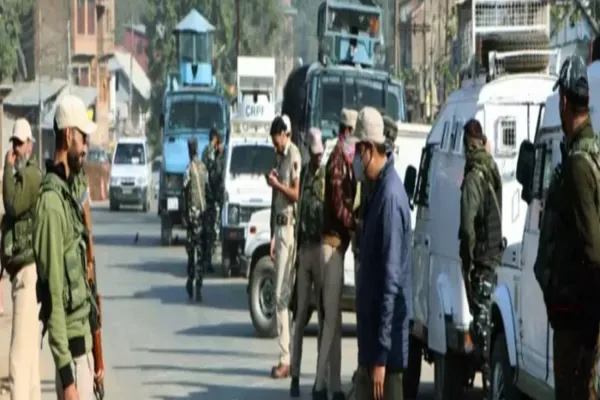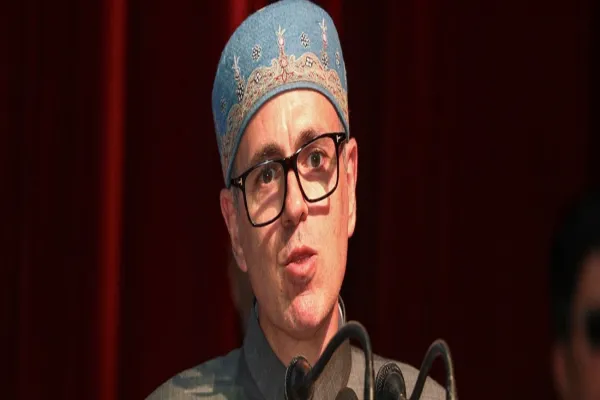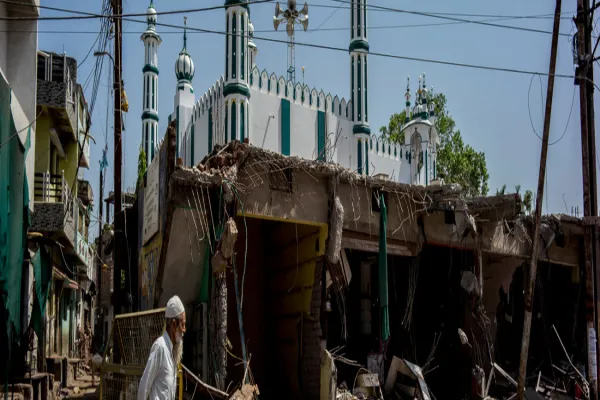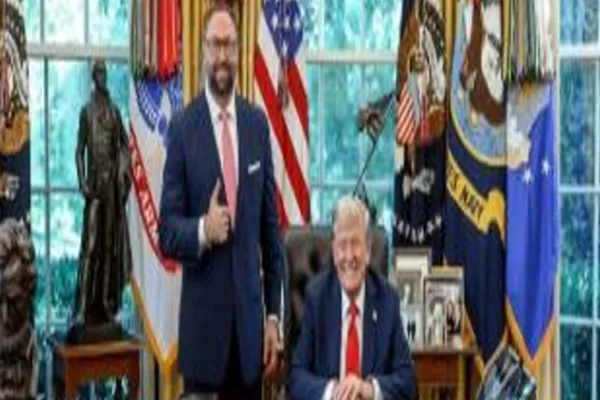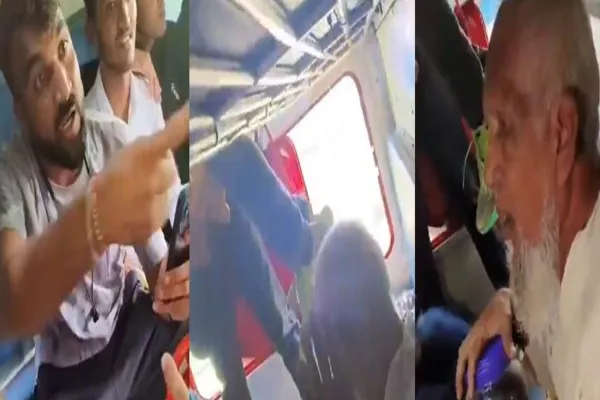i NEWS INTERNATIONAL
Ecuador’s transformation into a major drug trafficking hub and the ensuing three-year surge of violence is weighing on the nation following the killing of a presidential candidate whose life’s work was to fight crime and corruption. Six Colombian men were arrested on Thursday in connection with the fatal shooting of Fernando Villavicencio a day earlier in the capital, Quito. He was not a front-runner in the race, but his assassination in broad daylight less than two weeks before the special presidential election underscored the challenge Ecuador’s next leader will face in any attempt to curb gangs and cartels whose activities have claimed thousands of lives.
A report of the men’s arrest showed the men were captured hiding in a house in Quito. Law enforcement officers, according to the report, seized four shotguns, a 5.56-mm rifle, ammunition and three grenades as well as a vehicle and one motorcycle. Ecuador’s Interior Minister Juan Zapata described the killing as a “political crime of a terrorist nature” aimed at sabotaging the Aug. 20 election. The police report doesn’t say whether the Colombians are members of a criminal group. But Zapata, who confirmed the arrests of some foreigners without giving their nationalities, said the suspects were linked to organized crime.
Villavicencio, 59, had said he was threatened by affiliates of Mexico’s Sinaloa cartel, one of a slew of international organized crime groups that now operate in Ecuador. He said his campaign represented a threat to such groups. “The Ecuadorian people are crying, and Ecuador is mortally wounded,” said Patricio Zuquilanda, Villavicencio’s campaign adviser. With almost 400 miles (640 kilometers) of Pacific coast, shipping ports and some key exports, Ecuador has been turned by international traffickers from a minor player in the drug business into a big regional hub for the smuggling of cocaine.
An intensifying struggle over power and territory since the pandemic has seen drug cartels battle among themselves and enlist local gangs and even recruit children, leaving Ecuadorians reeling from unprecedented violence. “Ecuador has the geographical misfortune of being sandwiched between Colombia and Peru, the two largest cocaine producers in the world, and underlying it all is a certain degree of institutional weakness in the judiciary, police and military,” said Cynthia Arnson, a distinguished fellow at the Washington-based Wilson Center and an expert in Latin America.
She added the killing shows “criminal actors most likely connected to organized crime in Ecuador feel that they can act with impunity, going as far as to assassinate an anti-corruption political candidate.” The country’s National Police tallied 3,568 violent deaths in the first six months of this year, far more than the 2,042 reported during the same period in 2022. That year ended with 4,600 violent deaths, the country’s highest in history and double the total in 2021.
Just last month, the mayor of the port city of Manta was shot to death. President Guillermo Lasso then declared a state of emergency covering two provinces and the country’s prison system in an effort to stem the violence. Video of the political rally posted on social media shows Villavicencio leaving surrounded by guards. He is then seen getting into a white pickup truck before gunshots are heard, followed by screams and commotion around the truck.
Zuquilanda said Villavicencio had received at least three death threats before the shooting and reported them to authorities, resulting in one detention. Lasso said the candidate’s killers threw a grenade into the street to cover their flight, but it did not explode. Police later destroyed the grenade with a controlled explosion. Lasso declared three days of national mourning and a state of emergency that involves deploying additional military personnel throughout the country.
Villavicencio, one of eight candidates running for president, was the candidate of the Build Ecuador Movement. In his final speech before he was killed, Villavicencio promised a roaring crowd that he would fight corruption, including among police forces, and imprison more criminals. “Here I am showing my face. I’m not scared of them,” Villavicencio said in a statement before his death,
Credit: Independent News Pakistan (INP)




